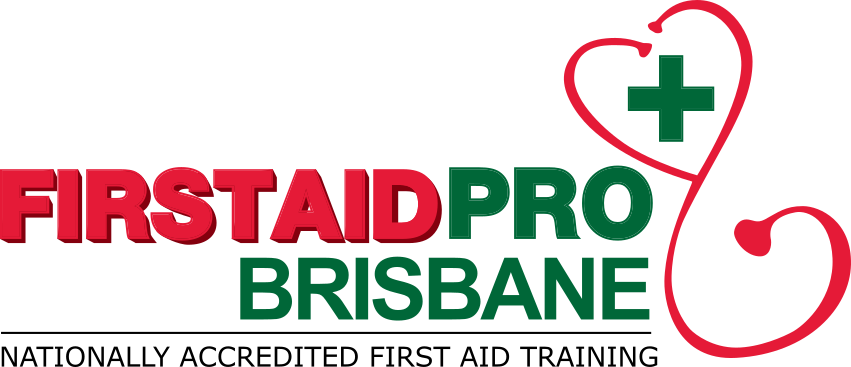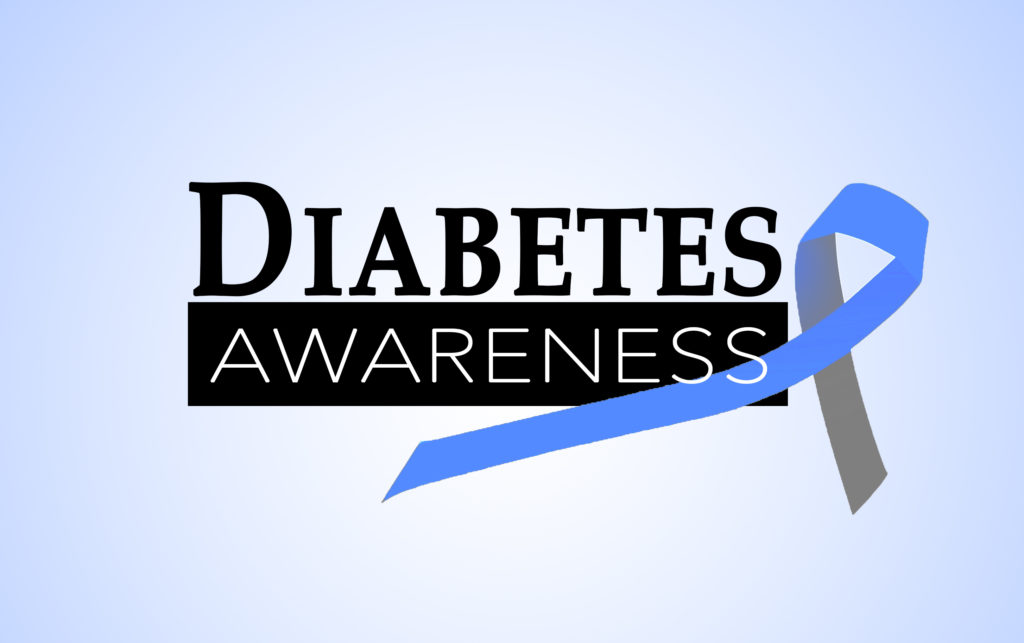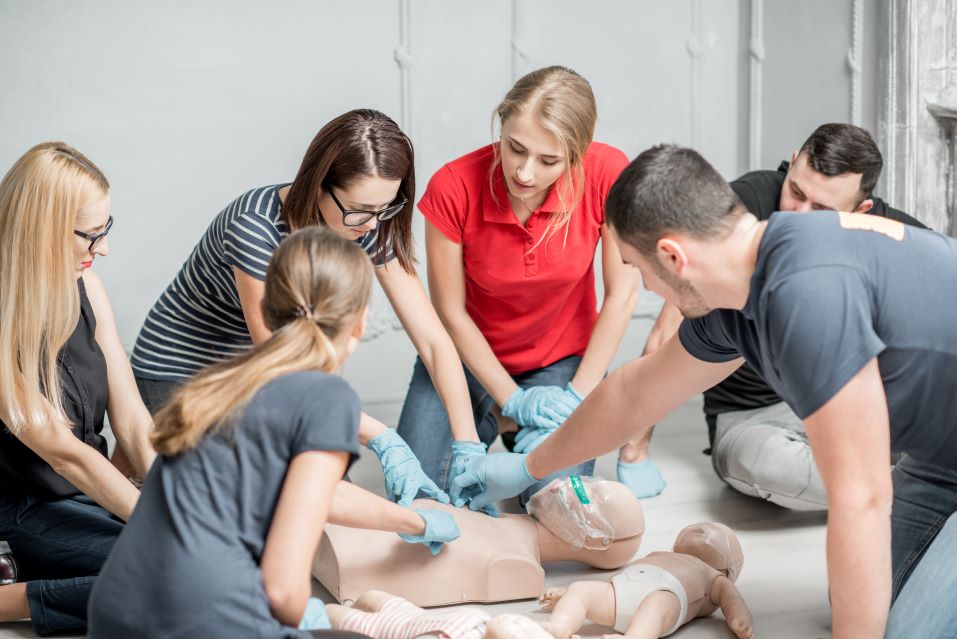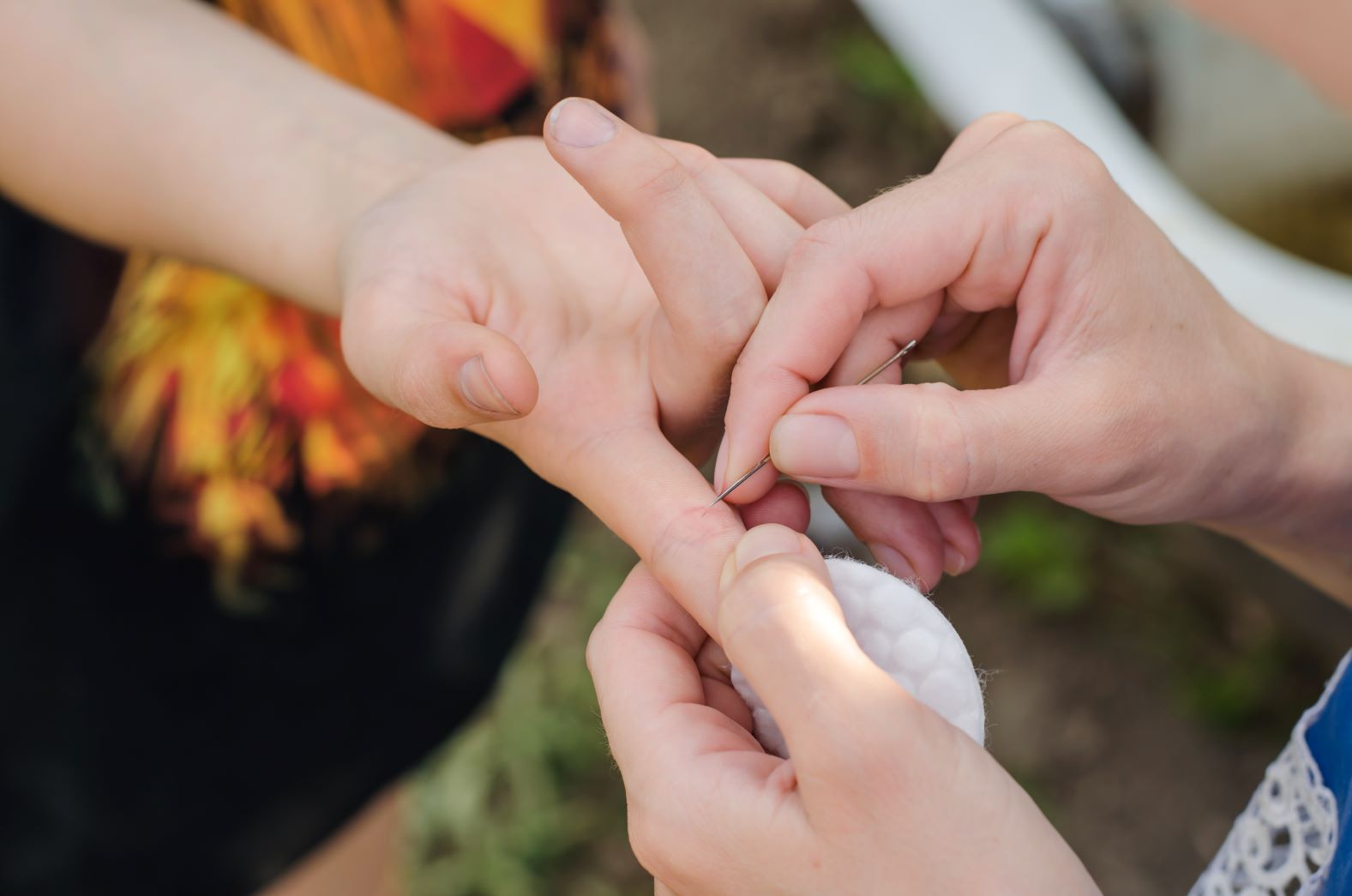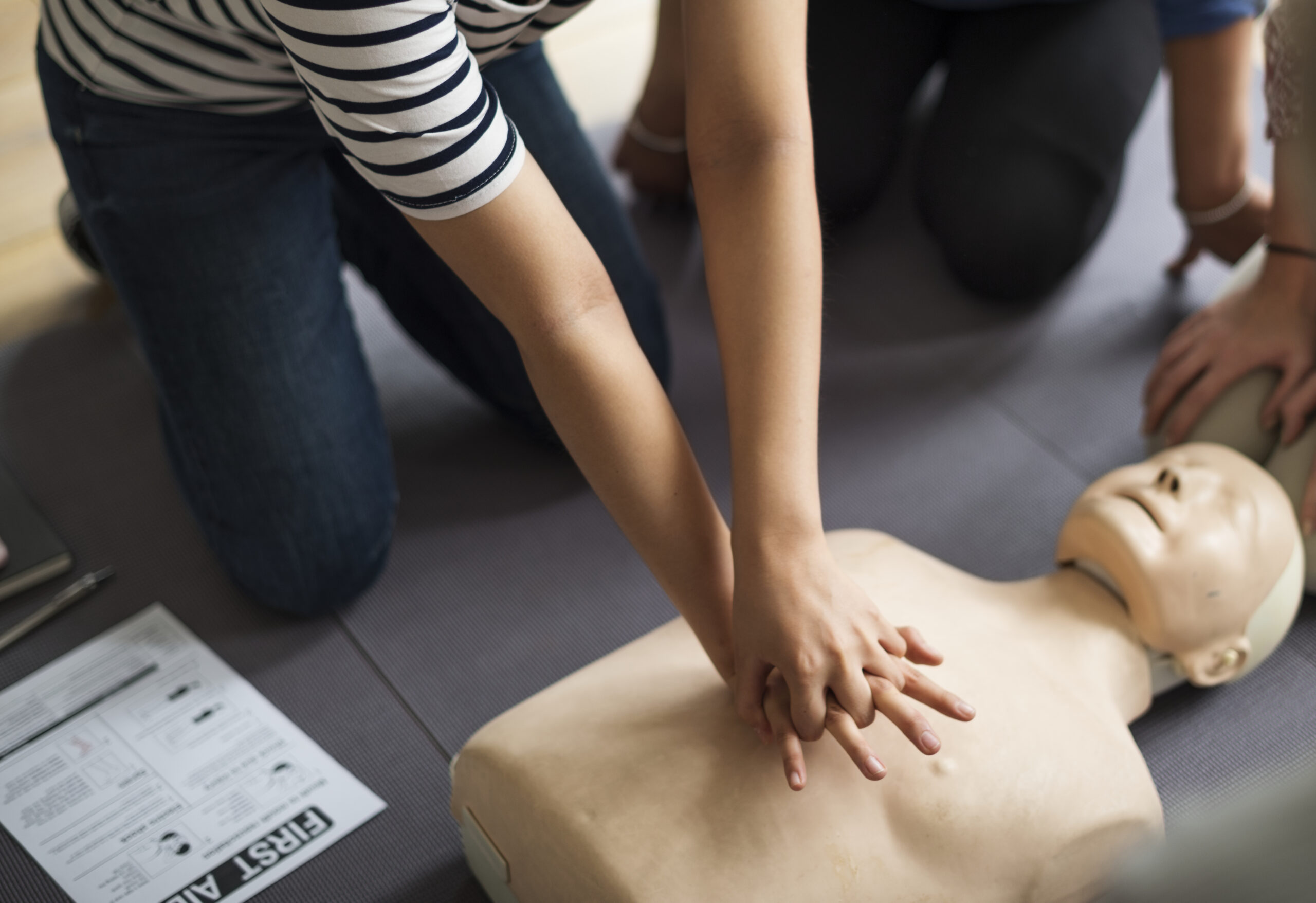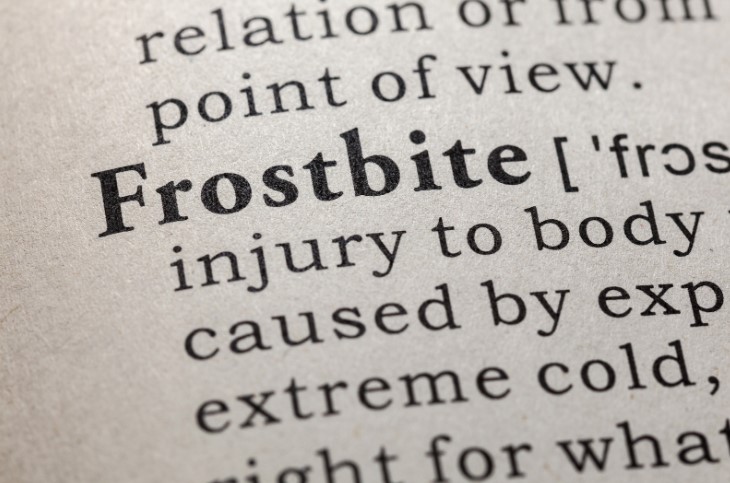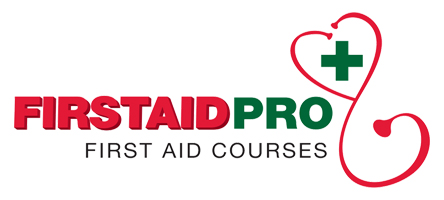Sunshine Coast First Aid Courses are celebrating the biggest week for diabetes awareness, and it is the perfect time to raise our voices to increase awareness about diabetes.
Diabetes Week takes place in July every year in Australia. It’s a time where everyone comes together with the goal to raise Diabetes Awareness. You might ask: Why? How does increased diabetes awareness meaningfully impact the lives of people who have the said condition? The answer is simple.
Awareness is the good first step to any change. More understanding, more knowledge means less blame and shame for those who are affected by diabetes.
But what is Diabetes?
Diabetes is a common problem that affects countless people throughout the world. Diabetes is a condition that impairs our body’s ability to process blood glucose, also known as blood sugar.
Blood glucose is the main source of energy, and it usually comes from the food we intake. Insulin, a hormone made in the pancreas, allows glucose to access the cells in the body to supply energy. Sometimes, the body is unable to utilise the insulin well – or does not make enough insulin – which can result in Insulin Resistance.
Insulin resistance occurs when cells of the body do not properly respond to insulin. It is also the driving factor that may lead to type 2 diabetes, gestational diabetes, and prediabetes.
A person with diabetes may have high blood sugar levels (hyperglycemia) or low blood sugar levels (hypoglycemia) from time to time. To determine whether your blood sugar is within the target range, a blood glucose test (or glucose test) is advised.
The glucose test will measure the amount of glucose present in your blood to help you better recognise and manage hyperglycemia and hypoglycemia. When having a glucose test, it is suggested to do a fasting blood sugar (FBS). FBS requires you to have at least eight hours of fasting before getting your blood sample taken.
Aside from the glucose test, a person with diabetes (or a family history of diabetes) needs to undergo the Hemoglobin A1c (HbA1c) test regularly. This test is used to diagnose diabetes and can tell if there’s a need to adjust your diabetes medicines.
It may be tempting to let your sugar level run high when you have a low blood sugar problem or otherwise. But this practice can do more harm than good. Following a treatment plan and conducting the appropriate tests regularly will help keep your blood sugar levels within a target range.
Use of Insulin
People with type 1 and type 2 diabetes may need to inject insulin to keep their blood sugar levels in the normal range. There are various types of insulin available – rapid, regular, intermediate, and long-acting insulins.
Insulin helps people with diabetes live a fit and active lifestyle. However, it can lead to serious side effects if not administered properly. It is essential to measure insulin carefully and maintain a healthy lifestyle to keep a balanced blood sugar level.
Diabetes need not cripple lives. With proper medication, efficient management, and a strong support system, people with diabetes can live fulfilling lives.
If they become unconscious, implement DRSABCD.
First Aid Pro offers Provide First Aid Course (HLTAID003), which will cover principles and procedures for first aid management of diabetes, including both high blood sugar (hyperglycemia), low blood sugar (hypoglycemia) and use of insulin.
For more questions, email us at courses@firstaidpro.com.au or call 1300 029 132.
For more information about National Diabetes Week, visit this website.
